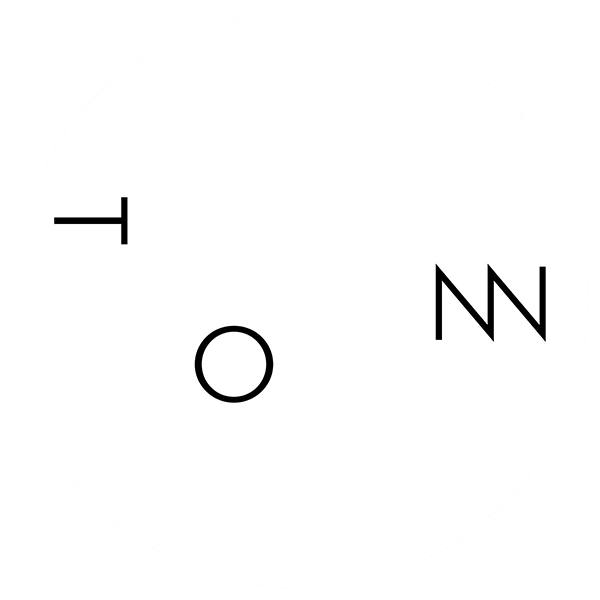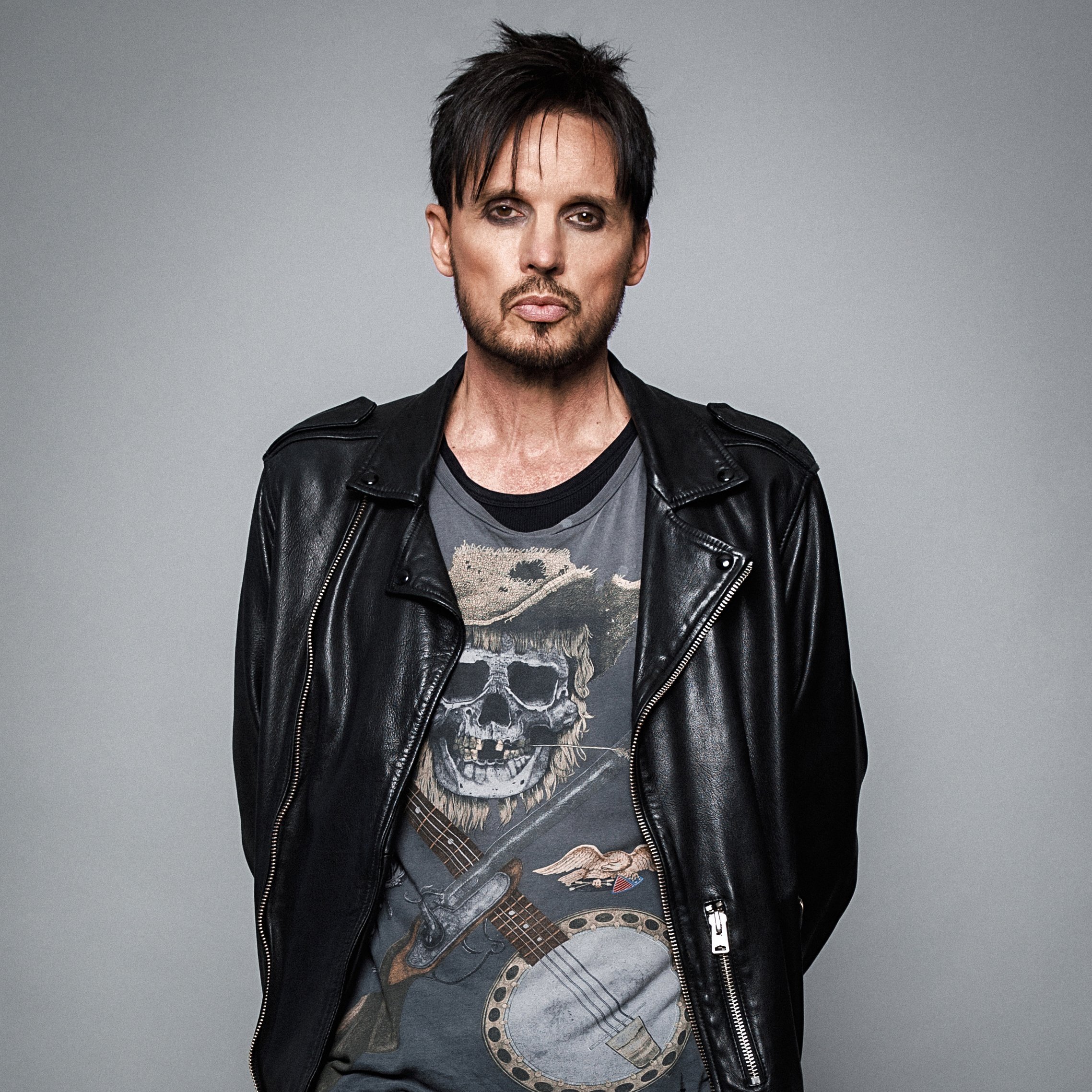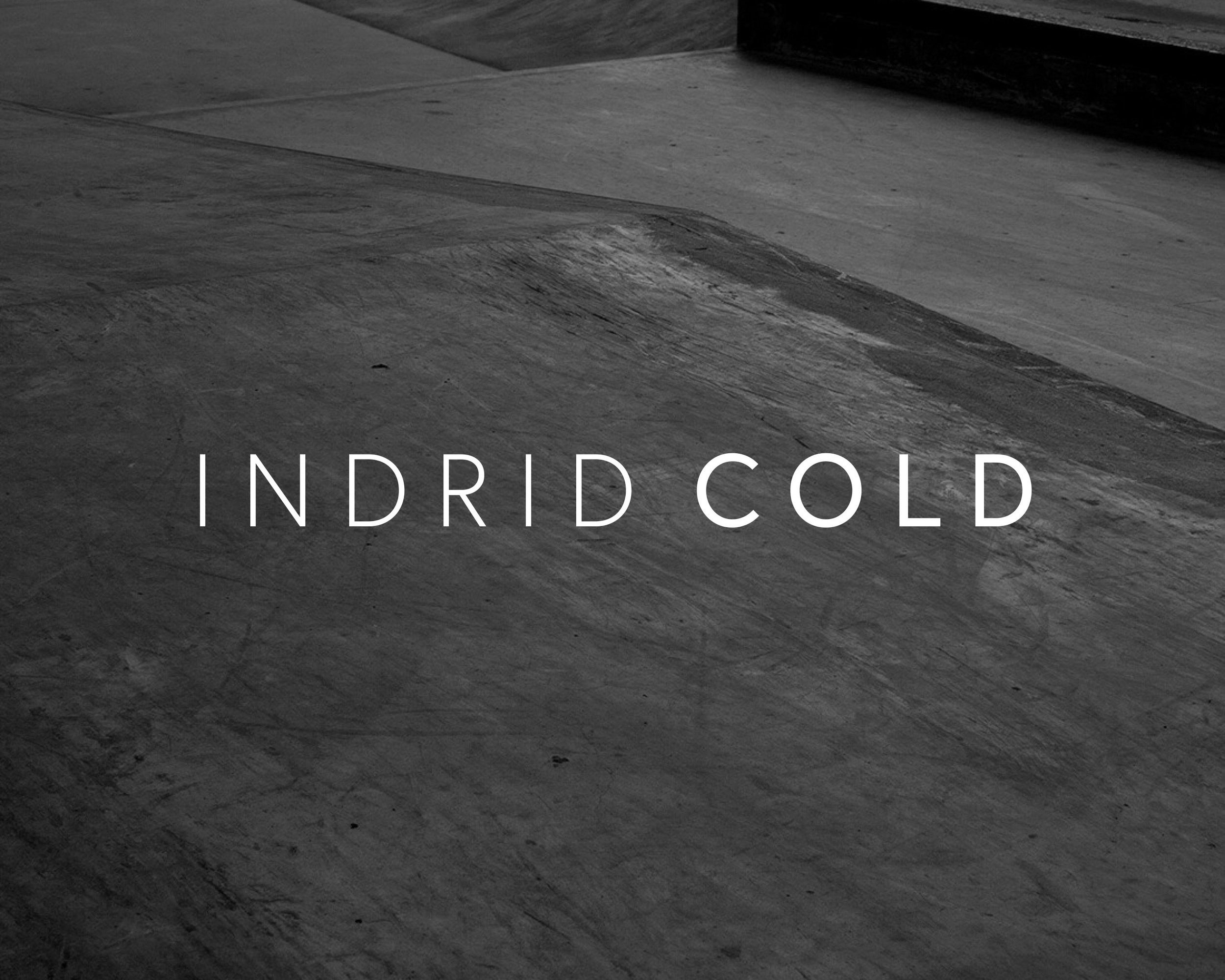TONN INTERVIEWS: CRYSTALLINE STRICTURE
Image: Chad Alexander
With TONN’s artists located all over the world, it's been important that at least one artist working on the label is based in its home city. On the occasion of his latest release, we spoke to Alan Watkins, the artist behind Crystalline Stricture, about his love of analogue synth and his new album, 'Petrol' which explores dark themes against the backdrop of his signature cold dance floor beat.
Image © Monique Woolen-Lewis
Mary: As the only artist on TONN Recordings who is based in Belfast, does it feel strange at times to be at a geographical remove from the music scene that you're part of?
Alan: I first got interested in electronic because of an eclectic mix of music in my brother’s record and tape collection. Most of that music seemed to originate from the UK and Europe.
With the advent of the internet, the geographical locations have become less important in some ways, providing access to really interesting output from the artists I’ve come to admire.
Widening this through what I came to discover on TONN, was also marvellous.
Mary: Having worked with you in your studio on many occasions over the last few years, you and I have often joked about your obsession with analogue synthesisers. Every time I visit your studio there seems to be another new addition. But among the 40+ synthesisers that are now in your studio, can you look back and single out one or two in particular, that you think have shaped Crystalline Stricture’s sound?
Alan: Yes, I do seem to have an issue, perhaps some kind of reward mechanism goes off in my brain when a large cardboard box arrives. I really should just wrap up one of my own synthesisers and ship it back to myself. I recently just got a Crumar BITone poly synth. I bought it because of the case graphics as much as the sound. Developing a collection of equipment is important to me, but I do tend to use the majority of them at some point. I may choose to use a few for a particular track or album.
If I had to name two… the Moog Source for starters. It has limited sounds, but they all sound good. The bass, famous for its use in New Order’s, ‘Blue Monday’, in particular has great low end, something which can be lacking even with really good software emulations. Second would be the Prophet 5. It’s often been described as organic in nature, mainly I think due to the drift of the individual oscillators. It’s a synth that can create complex sonic textures and this can be inspirational. Also, I refurbished this particular one over many years, so it’s a keeper.
Mary: Can you recall the very first synthesiser you ever bought?
Alan: I recall putting a deposit on a little Casio CZ1000. I paid off the balance from my weekly pay packet in my shop assistant job at the time. I didn’t really know too much about synthesizers at that point, so I thought this little machine could do anything. It was fun, but I didn’t really get what I wanted from it. It’s actually pretty capable, but being a digital synth, it wasn’t able to deliver the kind of analogue sounds I wanted at the time.
Mary: Well if you didn’t know much about synthesisers back then, you've certainly made up for that since. You seem to be able to take any synthesiser apart and put it back together again, almost instinctively and you also created the TONN GOSE synth for the label. Do you think that that wealth of knowledge you’ve gained in audio and analogue equipment over the years, has added to your creative process, in understanding exactly how to manipulate the equipment to get the desired effect and more fully explore its boundaries?
Alan: I’ve really picked up knowledge out of necessity. Not many people can repair analogue synths in Ireland, therefore gear usually has to be sent to the UK, but this is costly and time consuming.
TONN ‘GOSE’ designed by Crystalline Stricture
I gained a lot of knowledge working on the Prophet 5 synthesiser that I bought in a bad state many years ago. It has classic analogue circuitry. I made many mistakes repairing it, but gained a lot of knowledge in the process. The technical manual is superbly written and explains how the circuits work.
When repairing the various keyboards I own, I found I also needed to calibrate them, to sound as they once did, by tuning and setting the correct ranges for the controls. This makes a big difference to the overall sound.
Repairing a synth, one learns its character and what it can do well and what its weaknesses are. Moogs for example, have great deep bass, but sometimes they don't cut through like a Korg will. I also started to appreciate digital synths more, as well as sampling. This can bring a harder edge to a track, in some ways it brings a colder sound than analogue. So, although I’m a huge analogue user, I don't tend to subscribe to the view that analogue is so much better than digital. I like both, whatever sounds good. When people think of digital synths, bad DX7 patches can come to mind, but there’s so much more.
Recently I’ve been using a Mirage sampler to record analogue synths and then play them back digitally. This mangles the sound somewhat, due to the low quality of the vintage digital circuity. But this can bring new sounds to the work and even be a basis for an entire piece.
Mary: Having worked with you for a number of years now, I’m always struck by the fact that you tend not to adhere to conventional song structure. Listening to Crystalline Stricture, we don’t always hear - verse, chorus, verse and so forth. Is that an approach that you’ve consciously chosen to avoid? Or do you find your composing seems to naturally take you in a different, less conventional direction? If so, could you perhaps tell us a bit about how you begin to work on a track and how it evolves.
Image © Monique Woolen-Lewis
Alan: I tend to start with a series of note patterns or sequences, with perhaps a vocal and see where they take me. So, the traditional song structure you mention, is something that I’d have to consciously set out to employ, if I wanted to create a track like that. In the ‘Nouveau Neon’ album, I set about writing shorter pieces with a more traditional structure, incorporating choruses, which hopefully have a hook.
But it’s more usual for me not to make tracks with a traditional chorus. Instead I tend to create tracks formed from a series of disparate sections, or parts that can be repeated, but perhaps in different keys, or more significantly different, that will stand out in a way that’s memorable, to hold the listener.
The lyrics, spoken or sung, for me also play an important role in constructing a track. I develop lyrics from life situations or can pick up an idea from a film, or more likely a documentary. When I write, I find the best material seems to come at the end of the track, as I go off on a tangent. Doing this allows me to develop already set down phrases, by overlaying and creating counter melodies, or stripping down what was already there. It's almost as if the musical phrases at the start of the track act as prototypes, which evolve or become more fully fledged later in the piece. I can tend to overload a track, so I’m now more careful to strip things back and let the music breathe.
I find though that I can't set out from the offset to write something minimal. Rather, I need to build it up to see where the interesting crossing of melody lines occur and then strip back the parts that are unnecessary. I do admire those artists who can write a piece in one take, with just a great killer synth line or bass pattern. Sometimes I can do this, but more often than not, I need to build up and tear down.
Mary: You mention that your ideas come from life situations. Each of your album’s on TONN seem to have been developed from particular themes or starting points. ‘Syndrome’ for example, centred on ideas of human fragility, illness, biological warfare, which looking back now feels almost prophetic. In your subject matter you seem to focus on societal issues. Your new album, ‘Petrol’, would it be true to say that, listening to the lyrics, it seems to embody a sense of relationship dysfunction on a wider level?
Alan: I’ve always been interested in exploring music through concepts from early exposure to progressive rock albums like Elegy’s ‘The Nice’, Pink Floyd’s ‘Meddle’, Tangerine Dream and also Kraftwerk, who seemed to become more conceptual in their approach with albums like, ‘Autobahn’. These definitely had an impact on the kind of music I wanted to make. Concepts can sometimes help can get ideas out, without being obvious or preachy. But ultimately, I prefer to leave any conclusions to the listener.
Often, the ideas behind my music can come from observations of society and in that, I suppose I find human nature more negative than positive these days. I feel we try, as a species, to improve our lot with political and social structures, but they then tend to disintegrate into division and harm. This goes right down to individual relationships. Currently, it seems to me that people like simple, explicit, handed down answers to complex questions and social media amplifies this. It’s easy to get locked to dogma, simple answers and self-gratification.
My new album, ‘Petrol’ is about addictions. Petrol, a physical product of our oil addiction, influenced the theme of this new album.
I’m aware that in all of this subject matter there exists a kind of hopelessness, but with a sliver of light coming through, a sense of – it may be ok in the end, but in the meantime it’s dark. That could sound quite bleak I suppose, but in some strange way I find this a comforting state.
‘Petrol’ by Crystalline Stricture is released on TONN Recordings on the 22nd October, 2020, available via Bandcamp.














